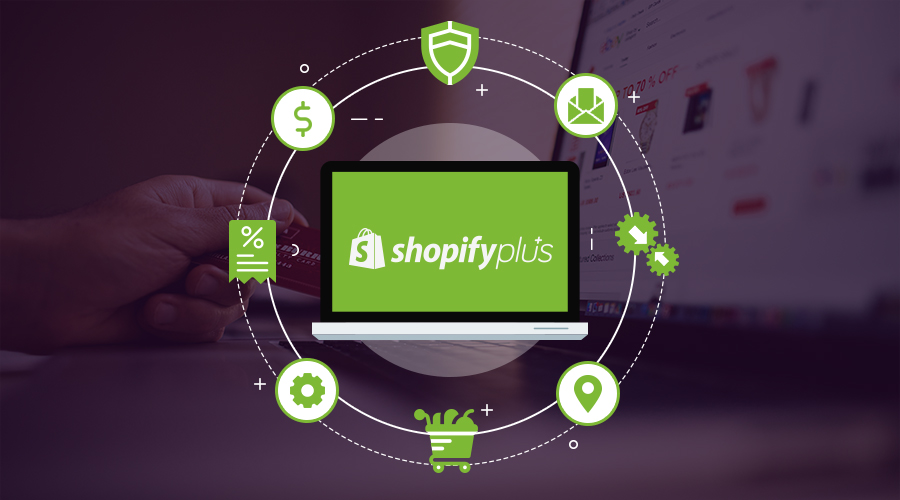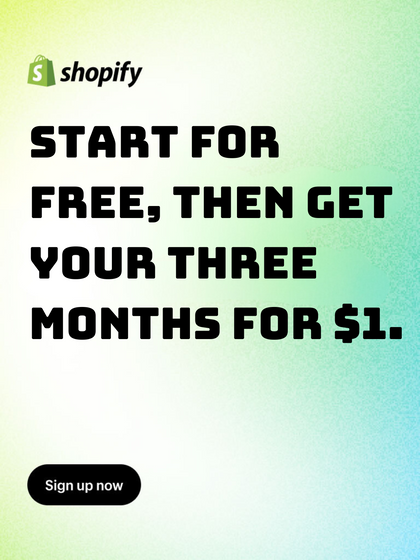The eCommercece business is expanding, with many direct-to-consumer brands setting new sales records in 2020 and Q1 of 2021. The global pandemic played a significant role in this, with many consumers having no other choice but to shop online, and many others doing it out of boredom.
There's a lot of competition online, and apart from the obvious aspects like providing a popular product at a good price and understanding how to market it, there are a lot of additional things to consider. If you've recently established or are considering starting an e-commerce business, there are a few keys to endless growth that you should be aware of, since they can have a significant impact on your brand's potential.
1. Technology
You'll need a technology stack that can handle your ecommerce brand's development and volume as it expands. Although Shopify is an excellent ecommerce platform, its functionalities are limited in comparison to other options.

Shopify Plus can boost your dropshipping business incredibly
Are you just getting started? Then Shopify is ideal, and you can gradually add apps and SaaS solutions to aid your company's expansion. Don't be afraid to spend money on technology. For example, Shopify's basic subscription costs $29 per month, whereas Shopify Plus plans start at $2,000 per month.
It may appear to be a significant cost increase, but when you peek behind the curtain and see the data, analytics, reporting, and features that are all designed for big growth, you'll find that the expense is justified and should be embraced with open arms by firms that can benefit from them.
2. Building strong relation with consumers
Take a look at some of the most popular ecommerce a brand in the fashion, oral care, and health care areas. There is a huge amount of competition, with hundreds of brands to choose from. So, why do certain brands succeed while others that provide roughly the same items fade away?

Customer Love takes your business from good to great
They create brands that people want to buy. When you make that connection, you will gain loyal clients who will buy from you again and again simply because they appreciate your brand - whether it's your packaging, messaging, or a social cause you support.
Ecommerce businesses who only send emails to clients when they have a sale or only publish promotional content on social media are missing out and will never reach their full potential.
In the end, brands who make an effort to develop a community, communicate with their customers in a non-promotional manner, and heed customer input win.
3. Smart revenue plan
Money is required to fuel expansion, especially if you are manufacturing products overseas with a lead time of 30-120 days, as many products do. Many brands that manufacture in other countries invest months before their goods arrive in the United States.

Your revenue to fuel growth
Even a dropshipping business necessitates financial resources, as marketing costs are essential. Because most dropshipping products have a short shelf life, it's critical to expand swiftly and make the most of each product added to your store's inventory.
To summarize, revenue is required to sustain growth. What kind of eCommerce business you're starting will determine how you fuel that fire. As an example, consider the following two possibilities.
Dropshipping: Once you've created a dependable supplier and fulfillment method, your major goal is to generate as many sales as possible. Your "company" is primarily a marketing and branding endeavor, while your supplier is in charge of all back-end activities, including production and order fulfillment. In this circumstance, you can reinvest your profits in the company to speed up your ad buying, as well as use a line of credit to add more fuel to the fire. You won't have to buy inventory, and your overhead will be lower, lowering your financial risk.
Long-term private brand: If you're developing a long-term private brand that you think will last, I'd avoid taking on debt and instead focus on bootstrapping. A private brand often entails higher manufacture, storage, and fulfillment charges, as well as higher salaries and expenses than a dropshipping business.
It's worth waiting for growth if it comes a few months later but allows you to operate with less financial stress. There's smart fast-scaling and then there's dangerous fast-scale tactics. Recognize the differences and proceed according to your level of comfort.
A dropshipping business is a low-risk, quick, and easy way to get started selling online. Your drop shipping partner will manage all deliveries to your clients, so you won't have to put up a lot of money up front on goods that might not sell. If you choose the correct niche market and product, you could have a lucrative business on your hands. You might even branch out into other niches and sell different things.

